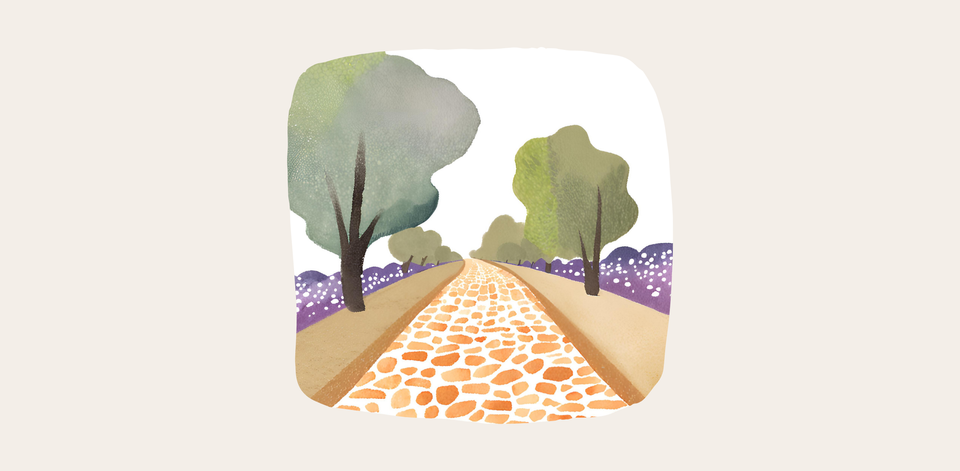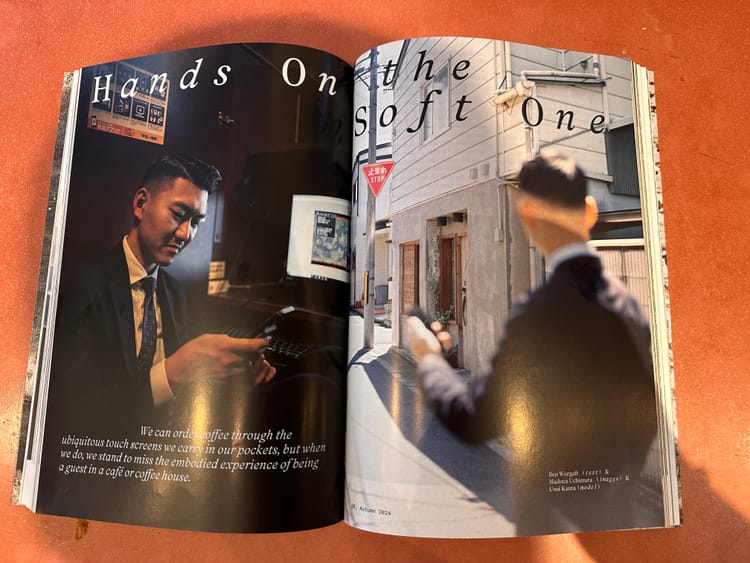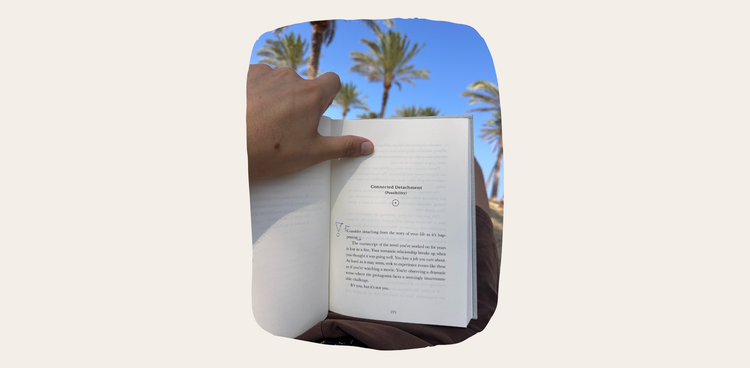The Road to Authenticity is paved with Cringe, or; Value Pluralism

Last week, I spoke to a dear friend of mine. He shared his struggles introducing himself in new groups because he's scared they'll judge him. It's a classic case of performance anxiety: He's the most extroverted jokester once he's comfortable. Yet in these situations, something in him goes "now you have to perform", and as a result everything short-circuits and he retreats into shy introversion. Rather say nothing than say something and get labelled as "weird" or "cringe".
Which is a perfectly reasonable idea on the surface. Of course, when someone says they find you weird, that will hurt at first. And as long as you don't have a sociopathic disorder, there's no way around that. We evolved as tribal animals, and social disapproval was, for the longest time, associated with abandonment and starvation. Naturally, we developed a strong aversion to this. But like many facets of our tribal residue, it could use a little inspection before following it blindly in today's world.
Though it may feel dreadful at first, your odds of survival are pretty good even if someone at a party thinks you're weird. You might even eat tomorrow even though three people thought your Instagram story was cringe today. But surely we can't go around in pure individualism, completely disregarding others just because we have supermarkets now. There's some nuance here, and I find it wonderfully captured in this simple idea from stoic philosopher (and Roman Emperor) Marcus Aurelius. In Meditations, he reflects on the vanity of public praise, reminding himself to govern with integrity. Referring to the gladiator matches - bloodbaths for entertainment, met with roaring applause from the audience - he writes:
"You are concerned with their boos, but have you seen what they applaud?"
And I find it profoundly helpful in this context, because it points to the nature of any judgement: a reflection of individual values. What someone disapproves is simply the mirror opposite of what they approve, both reflections of what they value. This means that judgements, like the values that underlie them, are bound to diverge simply due to the nature of what a "value" really is. In the words of cognitive neuroscientist Dr Chris Niebauer, our left brain hemisphere:
"creates and sustains a collection of categorical thoughts based on judgments and groups them together as likes and dislikes, ideas of right and wrong, and mental models of how things are supposed to be."
And so, everyone builds their own values, with the value landscape as diverse as the human experience that shapes it. It's our own best guess of what's right, and what's a good life. Like other human-made concepts like "Two" and "Monday", values don't exist out there in the world. Only in the left brain hemisphere, and only when someone thinks about them. "It's not a thing, it's a think", as Alan Watts liked to remark.
Which is where you might rightfully ask how cognitive neuroscience is supposed to help my dear friend. And the reality is: This isn't a shortcut to immunity from social judgement. Experiencing social disapproval will hurt out of habit - that's just our nature as a tribal animal. However, going a step further beyond our habitual reaction, we can deconstruct what really happened. We can see how someone's judgement is simply the application of their subjective premises, and therefore only holds value to you if you agree with the premises.
Considering what those expressing their disapproval actually end up approving, their judgement might quickly lose its power. That is, its power over you specifically. It's not that their opinion is worth any less in the grand scheme of things, it's just worthless to you if you don't agree with the underlying premises. If we don't agree when "Monday" is, I shouldn't be too surprised that we're not on the same schedule. And that might be perfectly okay. Welcome to Value Pluralism.
It's not that I "should never care what others think" - but I should care selectively. When a close friend of mine (who I share my values with) tells me that something I do is highly questionable, that's a different story. It's a signal that I've done something that clashes with my own values, so I better pay attention and check myself. I know what they applaud, so I care when they boo.
But to care "unselectively" is the road to a nothing kinda life. If we imagine the spectrum of values like the spectrum of colours, we find the issue illustrated perfectly: If you mix all the colours, you just get grey. How boring the world would be if everyone were grey. And really, what a waste of an individual perspective.
It feels rather fitting to bring back Jean-Paul Sartre's idea of "living in bad faith" from the piece on freedom:

In the attempt to avoid any sort of disapproval, we end up straying away from our values. In our opening example, this might be in the direction of silence. Or, as I've caught myself doing repeatedly, it might lead to acting like someone we're not, saying things we don't really mean but we think will be considered "cool" (read bring approval). On a broader scale, it might be in the direction of inaction, or it might lead to living a life we're not aligned with but others approve of.
Which simply feels wrong. To sit in a corner when you're really outgoing. Or to sit at a desk making silly money when you just wanna make art (but everyone tells you that's no way to live). Or to make art when you really just wanna make spreadsheets in a skyscraper (but everyone tells you that's no way to live).
In all those cases, you're living in accordance with someone else's values instead of your own. This is why it is an act of bad faith: It's a life according to values you don't believe. You simply don't have the experience to back it up. In the absence of any comprehensive manual on "living a good human life", we're all just left with our own best guess, based on our own experience. And that's a guess that only we can live. No one else could authentically live with your values, because they don't have the experience to back it up. But ain't that a wonderful thing?
When I started writing two years ago, I was super worried that people might find it cringe. In all honesty, that's the reason I didn't start three years ago. And it's the reason why it took me a whole year of silently publishing stuff on the website before I ever put it out on Instagram where - god forbid - people could find it.
And the reality is: I was right - Some people do find it cringe. In the very same conversation that sparked this essay, my boy told me about a chat he had, running into someone we both know from way back. They asked if he was still in touch with me, and if he knew "what's up with that weird shit I keep writing". Of course, it didn't feel great to hear that. The weird shit runs quite close to my heart, and the tribal animal reaction stays. But past the initial "ouch" moment lies the recognition that, simply based on the lives we're living know, it's quite obvious that our values diverge.
Having identified that value divergence, I have two options: Maybe they're right. I don't think anyone should ever be disqualified from potentially enlightening me to something I don't know. After all, values change the same way they emerged, through experience. In that case, I'll adjust my values, recognise my cringe-ness and move on to something else.
But for now, I love writing weird shit and it feels wonderfully aligned with my values of curiosity and expression. So, I'll just have live with the dreadful awareness that someone out there, based on their own experiences, doesn't share my values. Oh no.
Living in true alignment with your values is, purely by virtue of value pluralism, gonna seem weird to some. The road to authenticity might just be paved with cringe. But I believe (for whatever that's worth) this is a delightfully small price to pay for a life lived in good faith.




Comments ()